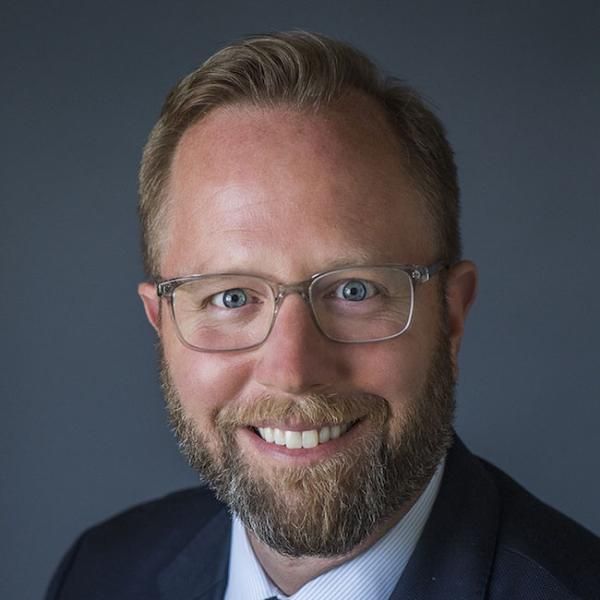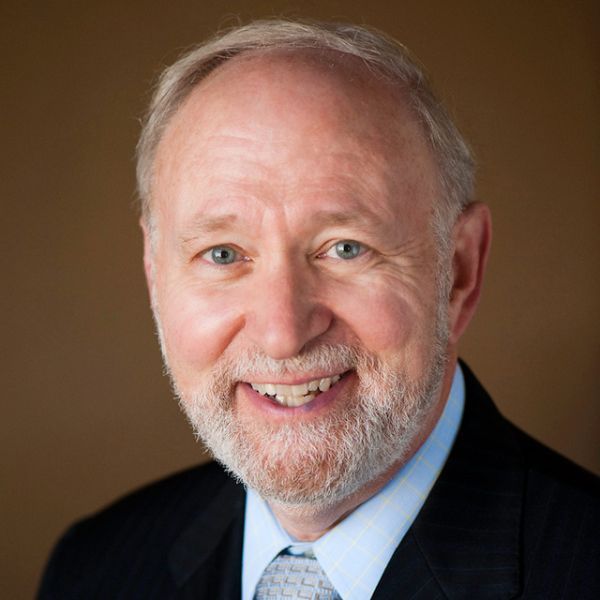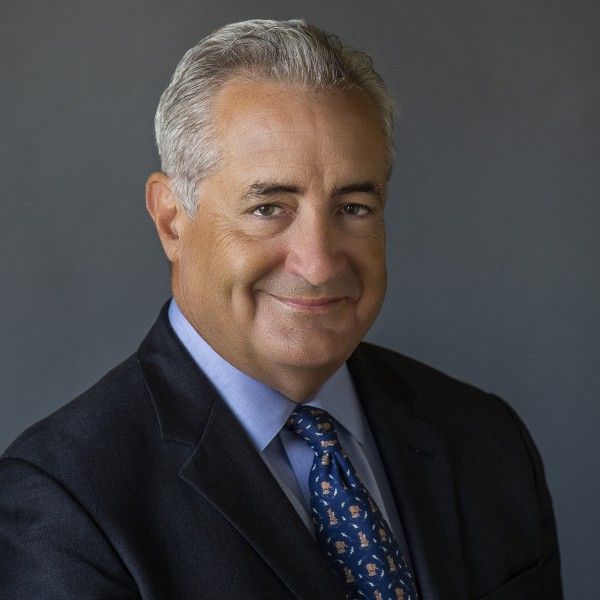Global Investors' Symposium Hong Kong 2024
The inaugural Milken Institute Global Investors’ Symposium launches in Hong Kong and will convene CEOs, chief investment officers, asset managers, family office principals, and industry leaders to illuminate the opportunities borne out of...
Regent Hong Kong
18 Salisbury Road







